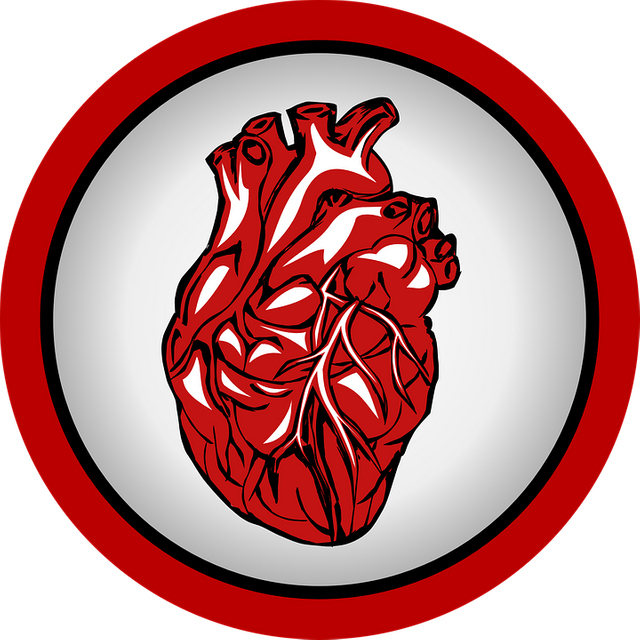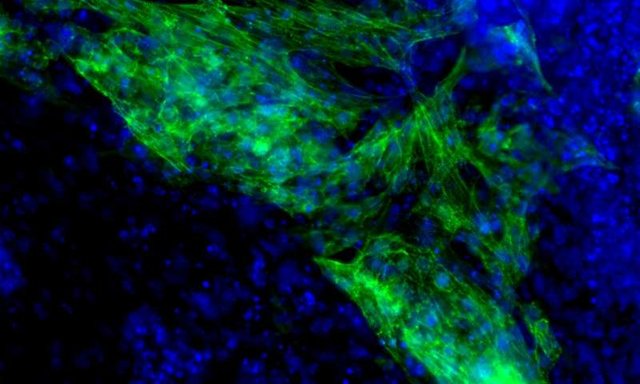
Specific regulators of cell differentiation called microRNAs have emerged as a potential treatment for heart injury
Cardiovascular disease is the world's biggest killer, and we desperately need better treatments following heart attacks, which commonly lead to tissue damage and permanent scarring. Small strands of RNA called microRNAs work as regulators of gene expression - directing cell differentiation and identity. Cracking the miRNA code could reveal how to morph fibroblast cells into new heart muscle varieties; potentially repairing impaired heart tissue.
"We have uncovered new regulators of heart formation. Compared to most others, these new regulators, which are a small RNA species called microRNAs, act early in the multistep heart formation process. They are easier to deliver into human bodies, and thus have a shorter path to clinical use"

Credit: Yu Liu
Converting human fibroblasts into cardiomyocytes
Researchers started at the beginning, studying embryonic heart formation to gain insight into the mechanisms and signals behind cardiomyocyte formation. Using genetic tools, they were able to identify 140 microRNAs in the initial heart cells, of which the miR-322/503 cluster appeared to be the key driving force behind cardiomyocyte formation.Scientists have already formed cardiomyocytes from fibroblasts in the laboratory, and this discovery adds to the building research. The hope is that a directed delivery of these specific miRNAs to the heart would convert detrimental fibroblasts into health muscle tissue - repairing pump function issues and elasticity. The team aims to test these miRNAs on heart failure patients within the next 10 years, expanding upon their current mouse models.
Read more at MedicalXpress
From The Longevity Reporter: The Weekly Newsletter About Aging
